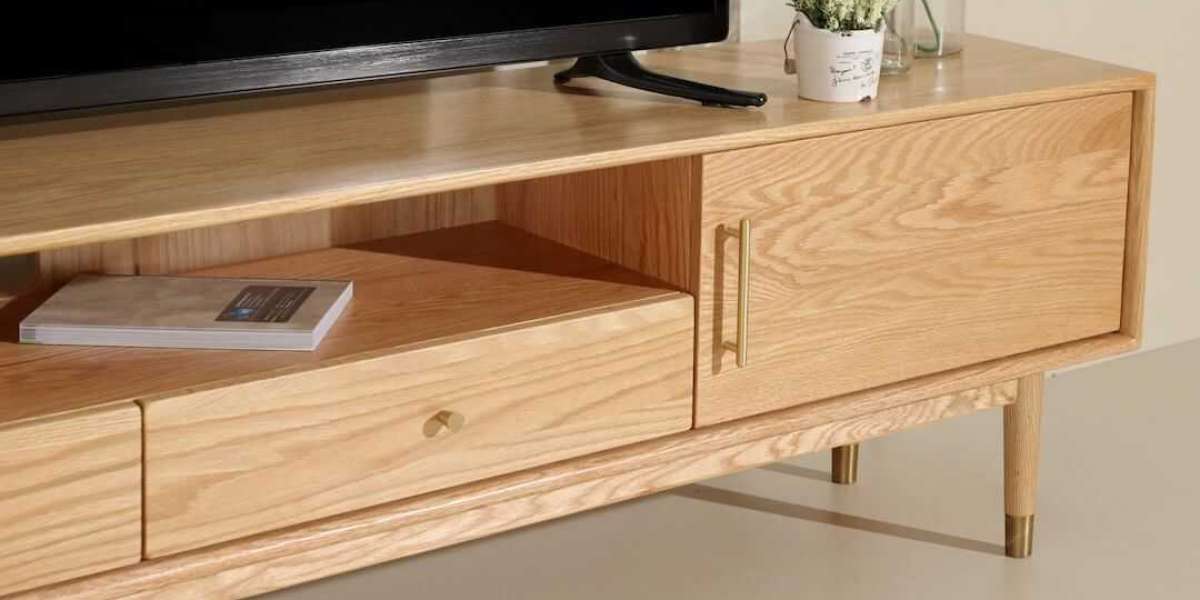Furniture Export from Pakistan to the UK: A Blossoming Trade Relationship
The furniture export from Pakistan to the UK has increasingly become a testament to more than just business and trade figures. Furniture, intrinsically, represents culture, craftsmanship, and a region's rich historical tapestry. Pakistan, renowned for its vibrant culture and deep-rooted traditions, boasts a dynamic furniture industry. The burgeoning export trajectory of its furniture to the UK in recent years signifies not only a promising economic relationship but also an intertwining of cultural appreciation between the two nations.
1. The Rich Heritage of Pakistani Furniture:
Pakistani furniture is steeped in history. From the ornate designs of Chiniot to the intricate carvings of Swat Valley, the country's furniture reflects centuries of artistry. These unique pieces, made from high-quality local woods such as sheesham (rosewood), walnut, and mulberry, have garnered significant interest from the UK market, known for its appreciation for artisanal goods.
2. The Surge in Demand:
The recent surge in demand for Pakistani furniture in the UK can be attributed to multiple factors. The British diaspora, with its strong Pakistani community, naturally gravitates towards the familiarity and comfort of home-styled furnishings. Moreover, British consumers, in general, are increasingly valuing handcrafted, sustainable, and unique furniture pieces over mass-produced items, giving Pakistani exports an edge.
3. Trade Agreements and Policies:
The supportive trade policies between Pakistan and the UK have further eased the furniture export process. With the UK's exit from the European Union, there's been a renewed interest in strengthening bilateral trade ties with non-EU countries, including Pakistan. Favorable tariffs, simplified customs processes, and mutual trade exhibitions have played a pivotal role in boosting exports.
4. Challenges and the Way Forward:
However, like any burgeoning industry, there are challenges. Quality control, adherence to international manufacturing standards, and consistent supply chain management are areas of focus for many Pakistani furniture exporters. By addressing these challenges, the industry can further solidify its position in the UK market.
Furthermore, to capitalize on the growing demand, there's a need for increased investment in modern manufacturing techniques, training craftsmen in updated design methodologies, and promoting the 'Made in Pakistan' brand more aggressively in the UK.
5. The Road Ahead:
With the right strategies in place, the furniture export sector holds immense potential. Collaboration between Pakistani furniture manufacturers and UK-based distributors can further streamline the process, ensuring that the beautiful handcrafted pieces from the heart of Pakistan find their rightful place in homes across the UK.
In conclusion, the furniture export from Pakistan to the UK is not just about trade figures; it's a testament to the timeless appeal of Pakistani craftsmanship, the adaptability of its manufacturers, and the evolving tastes of UK consumers. As the industry continues to grow, it paves the way for a stronger trade relationship between Pakistan and the UK, one beautifully carved piece at a time.








